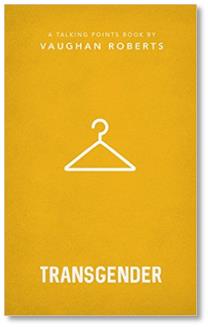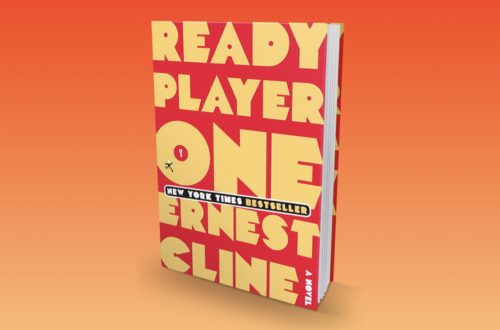 People often ask me for recommended reading on transgenderism. I always have trouble answering that question, not because there are no Christian books on the subject but because there isn’t very much written that is both pastorally and biblically faithful. I am happy to report, however, that my inability to make a recommendation has now ended.
People often ask me for recommended reading on transgenderism. I always have trouble answering that question, not because there are no Christian books on the subject but because there isn’t very much written that is both pastorally and biblically faithful. I am happy to report, however, that my inability to make a recommendation has now ended.
Vaughan Roberts has written a really helpful little book titled Transgender. It is published by The Good Book Company, which also published Sam Allberry’s popular work on homosexuality Is God Anti-Gay? Just as Allberry’s book has been a must-read resource on homosexuality, so also now is Roberts book on transgenderism. This book will be the one I recommend when folks ask me for help with this issue.
This book is not intended to be a comprehensive treatment of the issue. Nor is it a clinical account of gender dysphoria. On the contrary, it is brief by design with a biblically-oriented, pastoral focus.
Roberts explains that the transgender experience is a feature of living in a fallen world. His basic contention is that that God created us with sexed bodies, and God’s intentions for us are revealed in part by the bodies he has given to us. Male and female bodies are not accidents but define our identity as created by God. Our bodily identity discloses God’s intention for our gender identity. To this end, Roberts writes:
Identity is not something we’ve somehow got to create for ourselves. Our identity is a given. We’re human beings, made in the image of God; we are creatures, not machines (p. 38).
Our bodies are an essential part of our true selves. So what I feel about myself can never be the whole picture, because God made us embodied souls. Our bodies are essential in determining and revealing who we truly are (p. 39).
We are created men and women, and our sex, in the Bible’s understanding, is fundamental to who we are (p. 41).
Because our bodies disclose God’s intention for us, there is an enormous practical implication for those who perceive a mismatch between their biological sex and their gender identity. It is not the body that needs to change but the mind. Roberts writes,
Each person’s biologically-determined sex is a good gift of God’s creation. We should accept it and live within it (p. 43).
Those who experience gender dysphoria should resist feelings that encourage them to see themselves as anything other than the sex of their birth (p. 61).
This means that attempts to “transition” to another gender through cross-dressing, renaming, hormone therapy, or surgery would be out step with following Christ. Following Christ means embracing what God made us to be even when fallen desires and impressions may be pulling in the opposite direction. Our identity is defined by God, not by us.
This book is not for specialists or scholars. It is introductory and written at a level that any person can read and comprehend. Nor is it designed to answer every question one might have about this transgenderism. Nevertheless, the book does cover all of the basics. Highly recommended.



